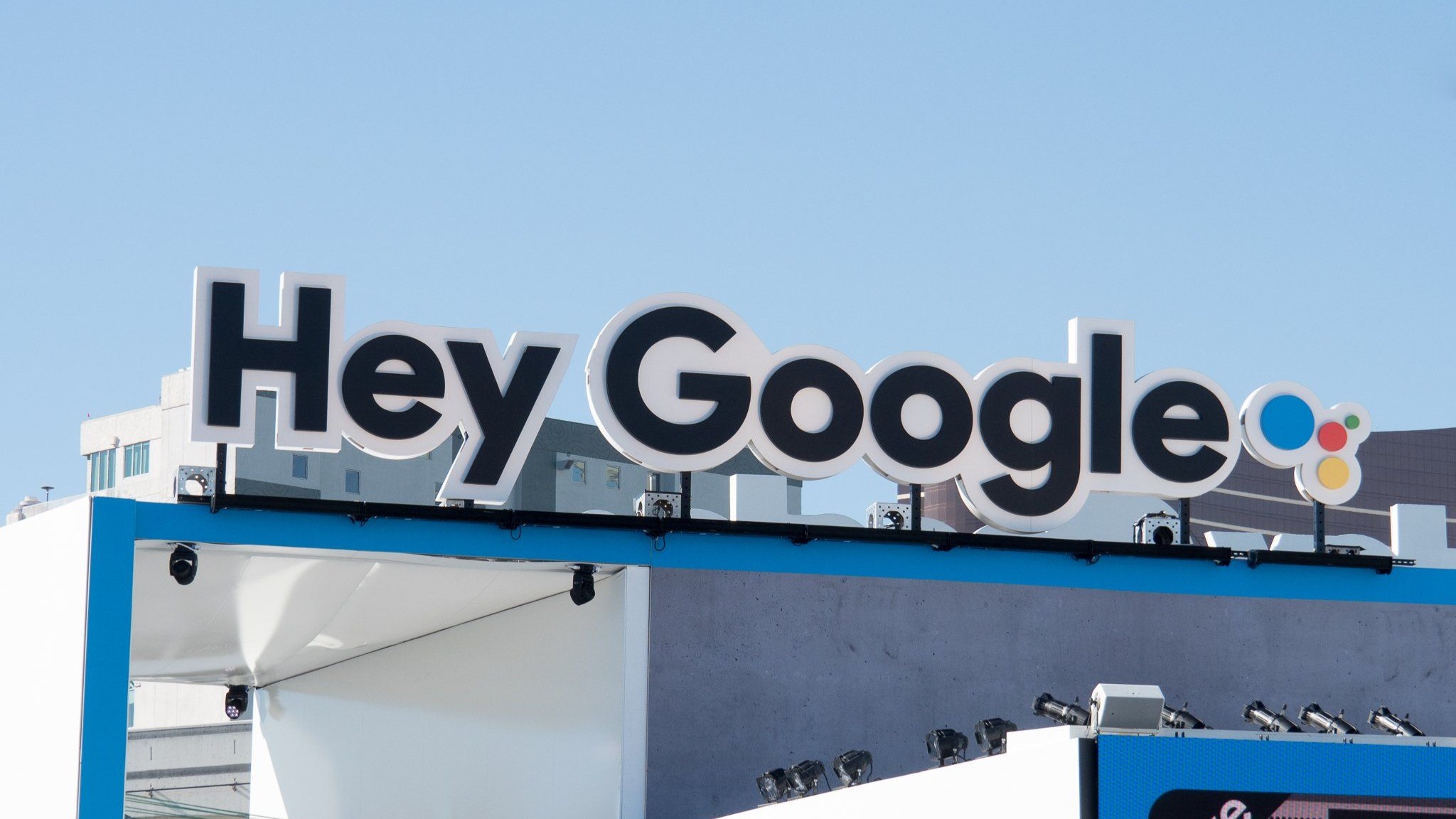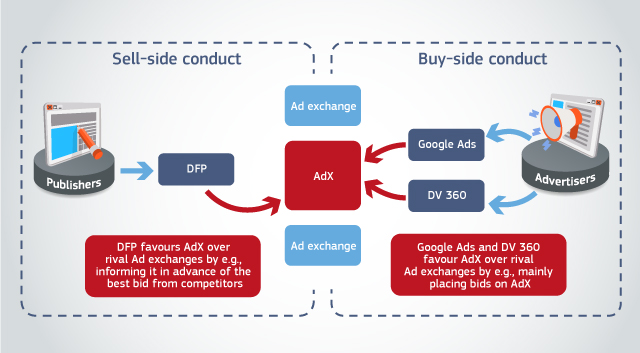Seeing a company like Google on trial over antitrust laws is a great thing
No company should be above the law.

Google just got out of one U.S. antitrust hearing (the company was found in violation of U.S. laws and will appeal), lost a similar trial in the E.U. where it was fined €2.4 billion, and faces more hearings in both the U.S. and the E.U courts over its advertisement practices.
Good. I use Google products and will probably continue to do so in the future but I don't want to see Google act like it is above the law and do whatever it wants. You shouldn't either.
Some laws, especially antitrust legislation, are a bit confusing. There is also a bit of national pride involved sometimes, and companies in their home nation seemingly get the benefit of the doubt. But overall, seeing companies like Google, Apple, Meta, and Amazon in court explaining what they're doing and why they're doing it means everything works the way it's supposed to work. We may disagree with the rulings or judgments, but we should want to see our government at work holding big tech companies accountable, no matter where we live.
It's important to remember two things: profit drives every business in every country, and big corporations know everything there is to know about the laws where they operate.
In the latest example, Alphabet (Google's parent company) had to know its ad placement practices and pricing would be heavily scrutinized. Expensive teams of lawyers do nothing but see how to maximize profits while working within these laws, and it's often worth taking a risk. In the E.U., Google likely profited more than the €2.4 billion it was fined. The same can be said for Google's U.S. antitrust problem — the reward made it worth the risk.

I don't want Google to go out of business. I certainly think that's not going to happen any time soon, but plenty of good, hard-working people make a living because Google exists. I'll say the same for any company, such as Amazon, Apple, Microsoft, etc., as I don't want anyone to lose their livelihood.
I do want to see the people who are counting the money and taking the risks to be held accountable, though. Not because of any anti-capitalist leanings or something of the like but because of the reasons business laws — especially antitrust laws — exist.
Be an expert in 5 minutes
Get the latest news from Android Central, your trusted companion in the world of Android
I want the proverbial level playing field. I know that's a pipe dream, but we should get as close as we can to a system where anyone with a good idea has a chance of becoming great. It could be you with the next great idea, or it could be me. We both deserve a chance, even if companies with billions and billions of dollars don't want us to have it.
Some laws probably are stupid and archaic. In the U.S. especially, tech companies in 2024 are regulated using laws written in the early 20th century for the railroad industry. Of course, a company with enough money also gets to help create or change laws to favor itself. Plenty of things about the legal system are incredibly broken. That doesn't mean we should abandon the idea of forcing tech companies to follow existing laws the same way you have to follow the law.
The next time you see a company you "like" in court and the company you don't "like" not beside them as a defendant, try to remember why it's good, especially for companies you're a customer of, to be held accountable. The next company might come along with something you like better, and it's hard for them to thrive with a billion-dollar boot on their neck.

Jerry is an amateur woodworker and struggling shade tree mechanic. There's nothing he can't take apart, but many things he can't reassemble. You'll find him writing and speaking his loud opinion on Android Central and occasionally on Threads.
You must confirm your public display name before commenting
Please logout and then login again, you will then be prompted to enter your display name.
